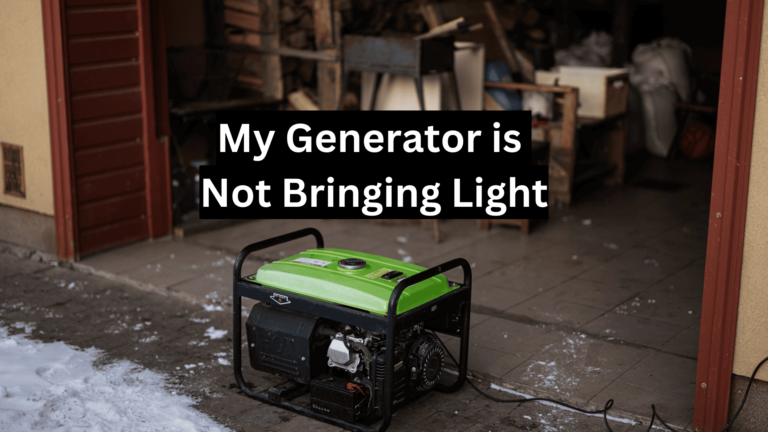
Why is My Generator Voltage Fluctuating? Understanding the Causes and Solutions
When you rely on a generator for a consistent power supply, encountering voltage fluctuations can be frustrating and concerning. These fluctuations not only disrupt your electrical devices but also indicate potential underlying issues with your generator. In this comprehensive guide, we'll delve into the reasons behind generator voltage fluctuations and provide practical solutions to address them effectively.
Understanding Generator Voltage Fluctuations:
Generator voltage fluctuations refer to variations in the voltage output of the generator, which can occur intermittently or persistently. These fluctuations may manifest as sudden drops or spikes in voltage levels, impacting the performance and safety of connected appliances and equipment.
Causes of Generator Voltage Fluctuations:
Several factors can contribute to voltage fluctuations in generators. Let's explore some common reasons:
Fuel Issues:
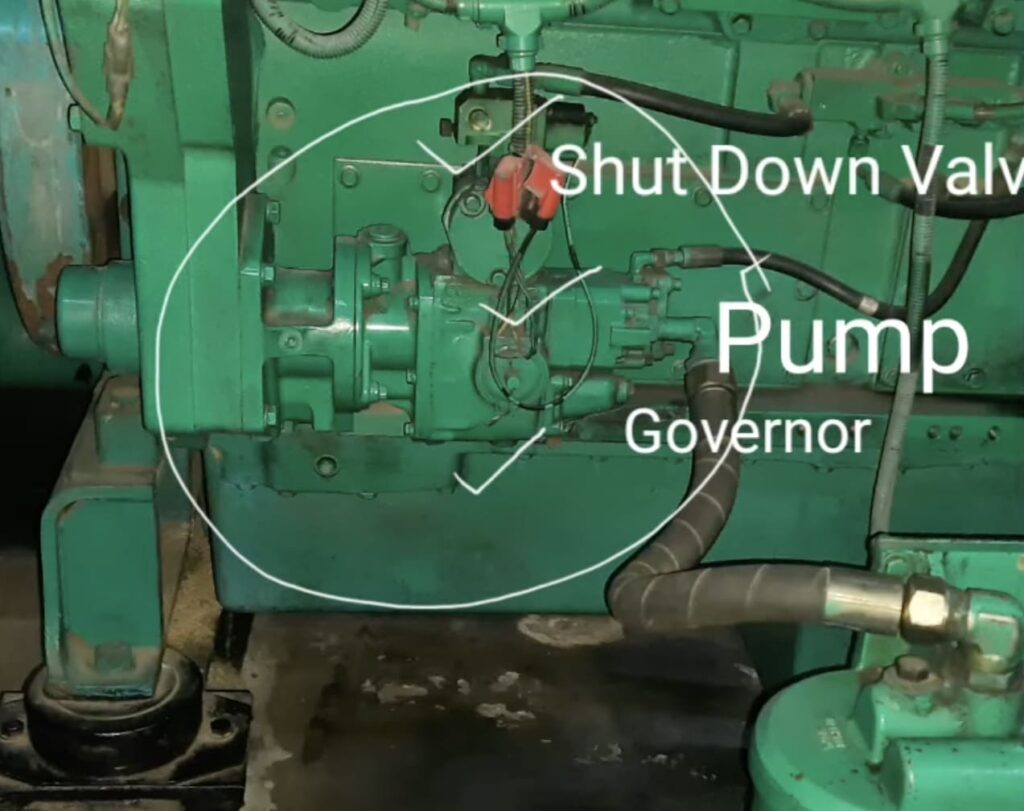
- Insufficient fuel supply can lead to inadequate engine performance, causing voltage fluctuations.
- Contaminated or degraded fuel can affect engine combustion, resulting in irregular voltage output.
Engine Load Variations:
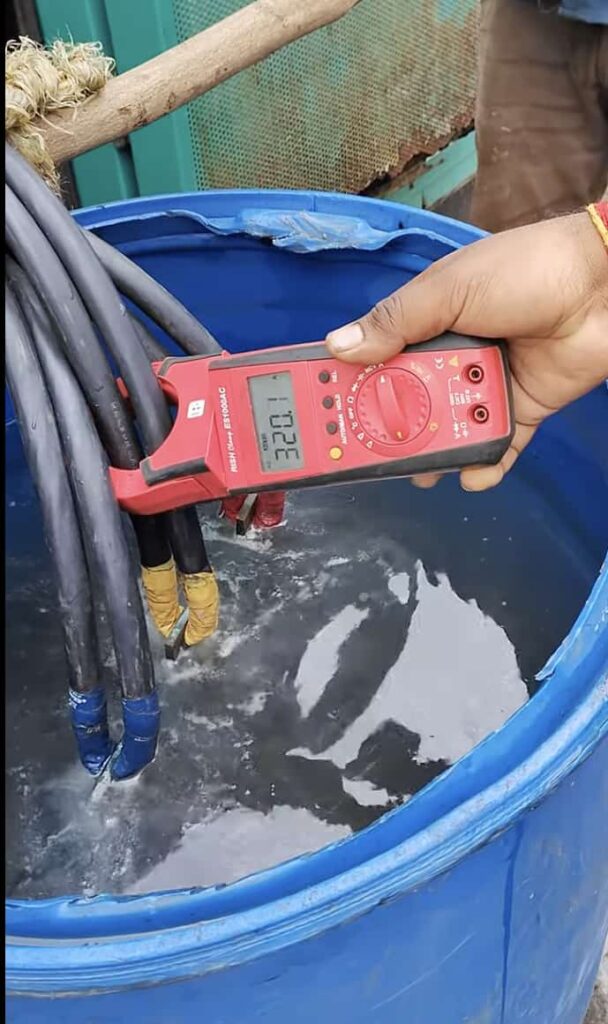
- Fluctuations in the electrical load demand can strain the generator's engine, leading to voltage fluctuations.
- Rapid changes in load, such as when large appliances cycle on and off, can cause voltage spikes or drops.
Faulty Voltage Regulator:

- The voltage regulator controls the output voltage of the generator. A malfunctioning regulator can cause voltage instability.
- Issues with voltage regulation circuits or components can lead to erratic voltage output.
Wiring and Connection Problems:
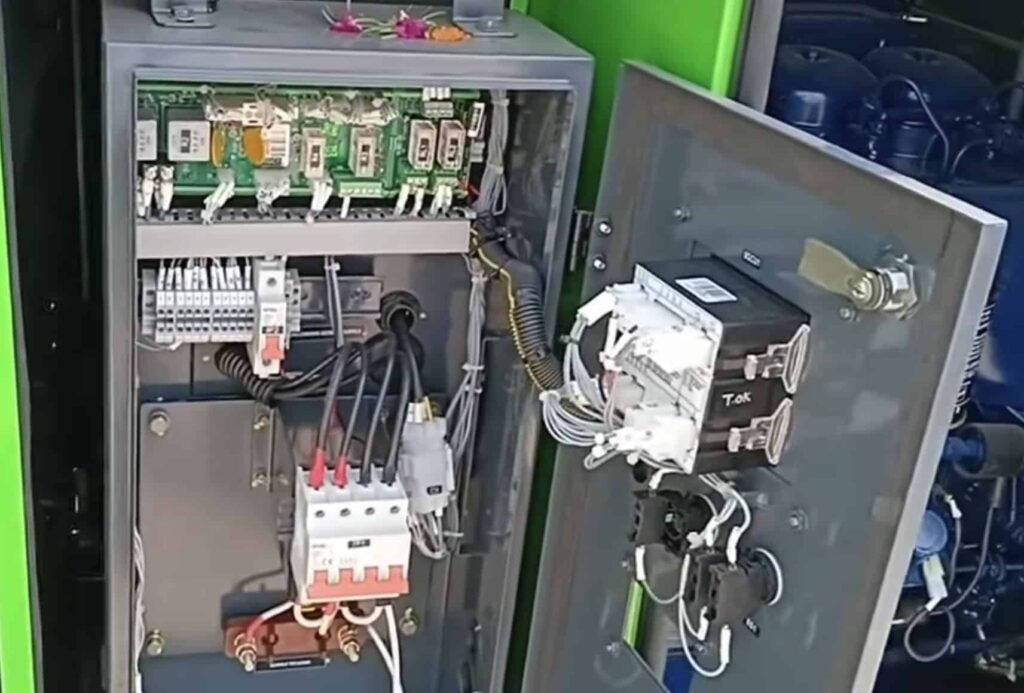
- Loose or corroded electrical connections between the generator and the load can disrupt voltage delivery.
- Damaged or inadequate wiring may introduce resistance, affecting voltage transmission and causing fluctuations.
Engine Mechanical Issues:
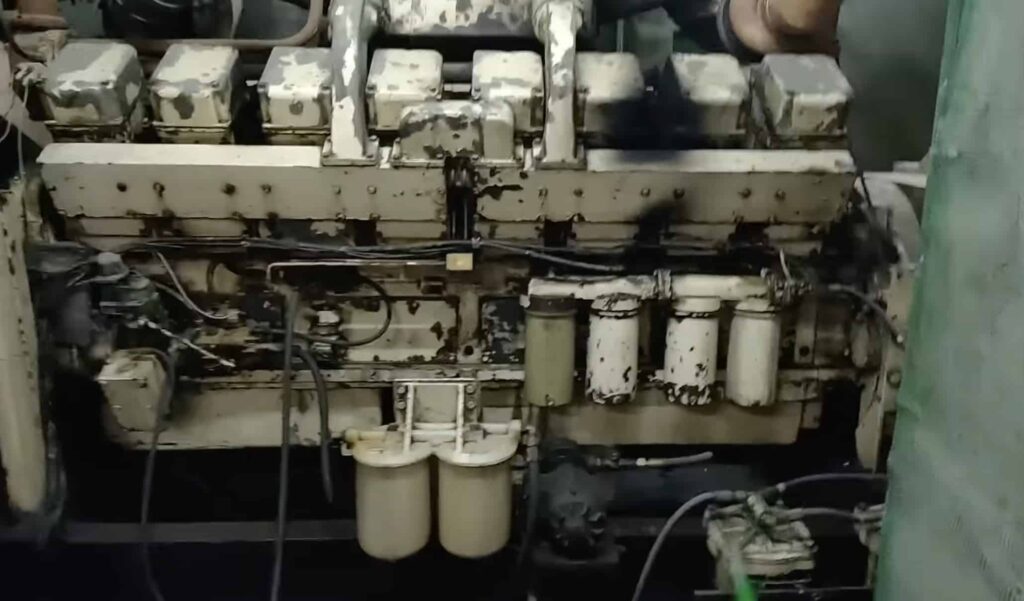
- Wear and tear on engine components, such as the alternator or rotor, can impact the generator's ability to maintain stable voltage.
- Overheating or insufficient cooling can degrade engine performance, leading to voltage fluctuations.
Environmental Factors:

- Extreme temperatures, humidity, or altitude can influence engine and generator performance, potentially causing voltage fluctuations.
- Inadequate ventilation or exposure to harsh weather conditions can affect generator operation.
Solutions to Address Voltage Fluctuations:
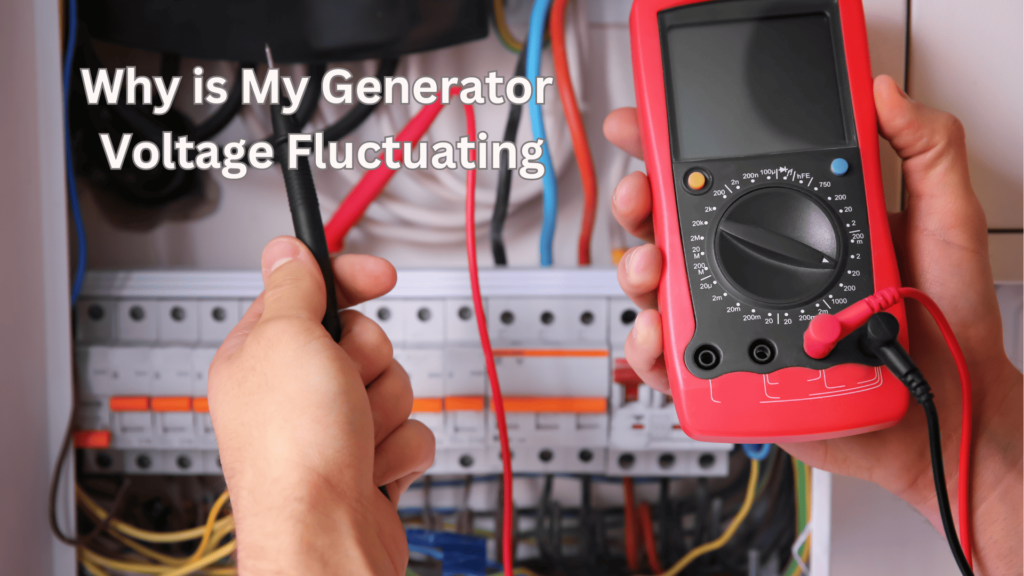
Now that we've identified the potential causes, let's discuss effective solutions to mitigate generator voltage fluctuations:
Maintain Regular Maintenance:
- Schedule routine inspections and maintenance checks for your generator, including fuel system cleaning, oil changes, and component lubrication.
- Replace worn-out or damaged parts promptly to prevent voltage fluctuations due to mechanical issues.
Ensure Proper Fuel Quality:
- Use clean and high-quality fuel suitable for your generator's engine specifications.
- Store fuel properly to prevent contamination and degradation, and consider using fuel stabilizers if storing for extended periods.
Install Voltage Stabilizers:
- Consider installing voltage stabilizers or regulators to ensure consistent voltage output regardless of load variations or external factors.
- Consult with a qualified electrician or generator technician for appropriate voltage regulation solutions.
Check and Secure Electrical Connections:
- Regularly inspect electrical connections and terminals for signs of corrosion, looseness, or damage.
- Tighten connections as needed and replace damaged wiring or components to maintain reliable voltage transmission.
Monitor and Manage Load Demand:
- Avoid overloading the generator by balancing the electrical load and staggering the startup of large appliances or equipment.
- Use load management devices to regulate and prioritize power distribution based on demand.
Provide Adequate Ventilation and Environment:
- Ensure proper ventilation around the generator to prevent overheating and maintain optimal engine performance.
- Protect the generator from exposure to adverse weather conditions and environmental factors that may affect its operation.
Conclusion
Generator voltage fluctuations can disrupt power supply and pose risks to connected devices and equipment. By understanding the underlying causes and implementing appropriate solutions, you can effectively address voltage fluctuations and ensure reliable generator performance. Regular maintenance, proper fuel management, voltage regulation, and attention to electrical connections are key aspects of maintaining stable voltage output. Remember to consult with qualified professionals for complex issues or installations to ensure the safety and efficiency of your generator system.
With proactive measures and timely interventions, you can minimize the impact of voltage fluctuations and enjoy an uninterrupted power supply from your generator.
FAQs: Why is my generator voltage fluctuating

What are the common causes of generator voltage fluctuations?
Generator voltage fluctuations can occur due to various factors such as insufficient fuel supply, engine load variations, faulty voltage regulators, wiring and connection problems, engine mechanical issues, and environmental factors. Inspecting these components regularly can help identify and address the root causes of voltage fluctuations.
How can I prevent generator voltage fluctuations?
Preventing generator voltage fluctuations involves proactive maintenance measures such as scheduling regular inspections, ensuring proper fuel quality and supply, installing voltage stabilizers, securing electrical connections, managing load demand effectively, and providing adequate ventilation and environmental conditions for the generator. By addressing these aspects, you can minimize the risk of voltage fluctuations and ensure reliable power supply.
What should I do if I encounter voltage fluctuations in my generator?
If you encounter voltage fluctuations in your generator, start by checking the fuel supply, inspecting electrical connections, and monitoring load demand. If these basic checks do not resolve the issue, consider consulting a qualified technician to diagnose and troubleshoot the generator for potential mechanical or electrical problems. Prompt attention to voltage fluctuations can prevent damage to appliances and ensure the longevity of your generator.
Can extreme weather conditions affect generator voltage stability?
Yes, extreme weather conditions such as high temperatures, humidity, or altitude can impact generator performance and contribute to voltage fluctuations. It's essential to provide proper ventilation and protection for the generator to mitigate the effects of adverse weather and maintain stable voltage output. Additionally, regular maintenance checks can help identify and address weather-related issues affecting generator operation.
Are there any safety precautions I should take regarding generator voltage fluctuations?
Yes, it's crucial to observe safety precautions when dealing with generator voltage fluctuations. Avoid overloading the generator beyond its capacity, as this can lead to voltage instability and damage to the generator or connected appliances. Ensure that electrical connections are secure and properly insulated to prevent shocks or fires. If you're uncertain about handling generator issues, seek assistance from qualified professionals to ensure safe and effective troubleshooting and maintenance.

